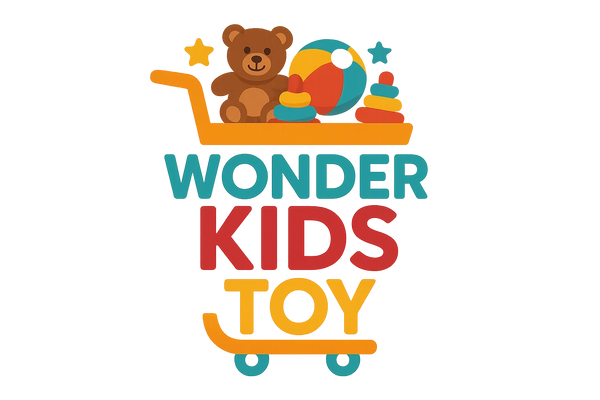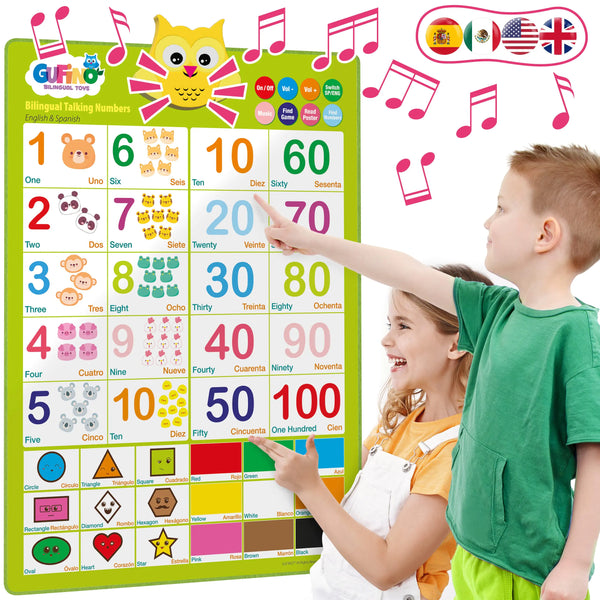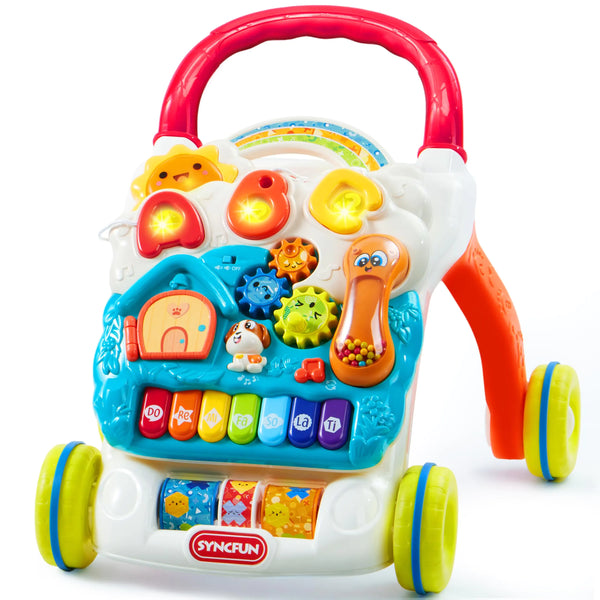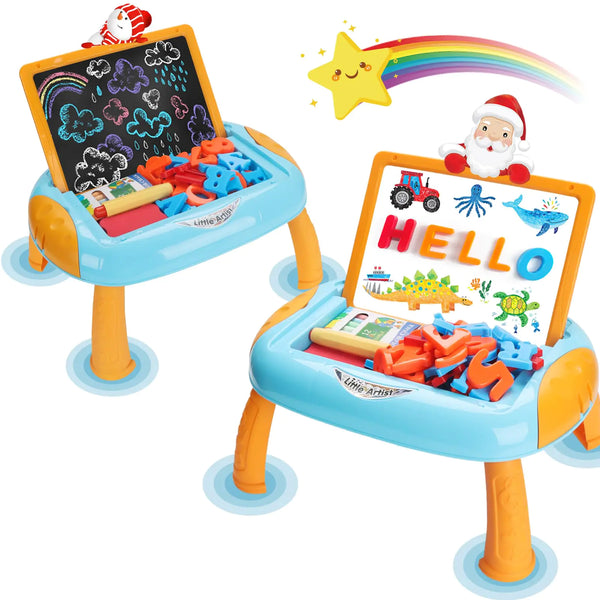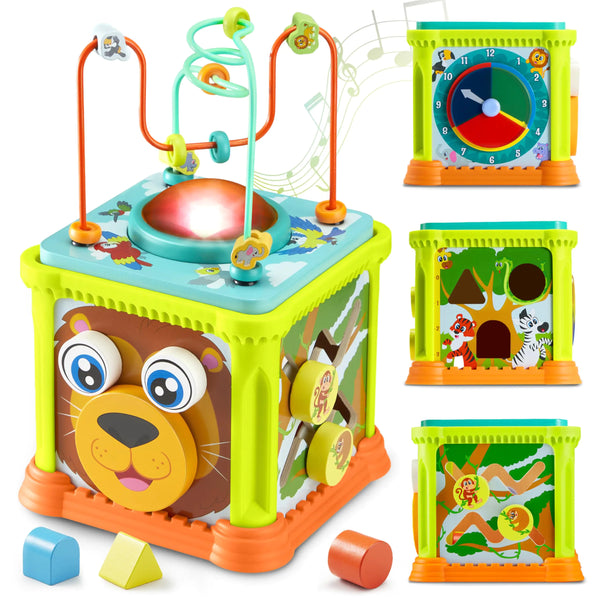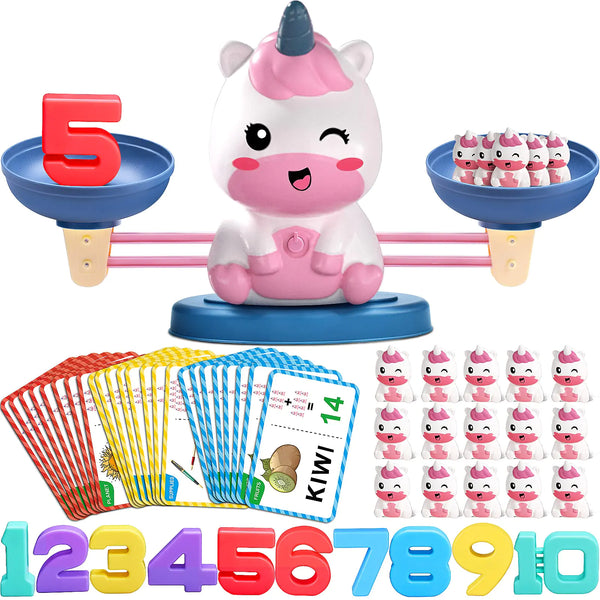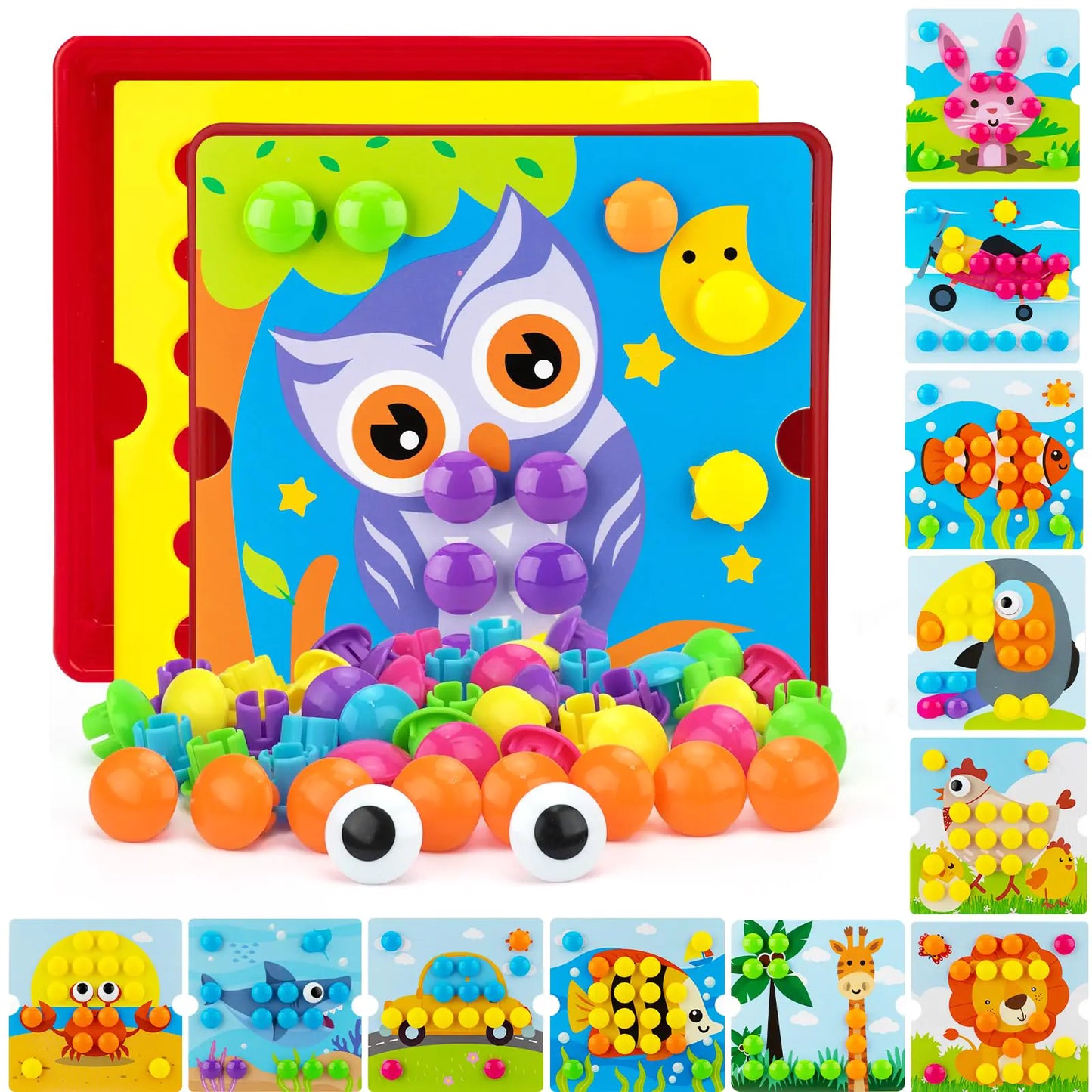Top Financial Literacy Games for Kids to Foster Money Management Skills
From an early age, teaching kids about money management is essential for fostering financial responsibility and literacy. One of the most effective and enjoyable ways to introduce these concepts is through interactive games. These games make learning about money fun and equip children with the skills they need to manage their finances wisely in the future. This article will explore the top financial literacy games for kids that can help them develop crucial money management skills.
Key Takeaways
- Interactive games are a fun and effective way to teach kids about money management.
- Games like Monopoly and The Game of Life introduce children to basic financial concepts such as earning, spending, and saving money.
- Financial literacy games can help children understand the value of money and the importance of making wise financial decisions.
- These games often incorporate real-life scenarios, making it easier for kids to relate and apply what they learn.
- Playing financial literacy games can also encourage family bonding and open up discussions about money management at home.
1. The Game of Life

Overview
The Game of Life is a classic board game that introduces kids to real-life scenarios in a fun and engaging way. Suitable for ages eight and up, it can be played by 2-4 players. The game includes 115 cards that offer exciting choices as players navigate through the twists and turns of life. This game has adventures, from quirky careers like Ice Cream Flavor Maker to excellent vacations.
Learning Concepts
The Game of Life is fantastic for teaching kids about the opportunities and responsibilities of adult life. Here are some key learning concepts:
- Identify the difference between assets and liabilities
- Understand the concept of net worth and how to increase it
- Basic math skills, such as making change
Benefits
Playing The Game of Life helps children understand that every lifestyle costs money, whether starting a family, owning a business, or simply enjoying life. Each choice comes with unique challenges and rewards, making it easier for kids to grasp complex financial concepts in a simplified manner.
This game does a great job of simplifying adult responsibilities for kids to understand and enjoy.
Whoever has the most money at the end of the game wins, making it a fun and competitive way to learn about money management.
2. Monopoly

Introduction to Monopoly
We've all played it. Hopefully, not too many relationships have been ruined over it, but it's a great tool to teach your kids real estate value and assets. Buy, sell, dream, and scheme your way to riches. Build houses and hotels on your properties and bankrupt your opponents to win it all. Chance and Community Chest cards can change everything.
Learning Concepts
Monopoly introduces several key financial concepts to kids:
- Real estate principles
- Buying and selling
- Strategic thinking
- Money management
Benefits of Playing Monopoly
Playing Monopoly can help kids understand the importance of strategic planning and financial management. It teaches them how to handle money, make investments, and understand the risks and rewards associated with financial decisions.
Monopoly is not just a game; it's a fun way to introduce kids to the world of finance and real estate.
Tips for Parents
- Encourage your kids to think about their moves and the long-term consequences.
- Discuss the financial concepts as you play to reinforce learning.
- Make it a family activity to bond and learn together.
3. Payday

Overview
Payday is a fantastic game that introduces kids to monthly budgeting and financial planning. It is designed for 2-4 players and is suitable for children aged eight and up. It's an excellent way for families to bond while learning essential money management skills.
Key Learning Concepts
- Earning and saving money
- Basic money management
- Understanding loans and debt
Gameplay
In Payday, players navigate a calendar month, making financial decisions. The goal is to manage their money wisely so they don't run out before the end of the month. Players can earn money, pay bills, and even take out loans.
Benefits
- Teaches kids the importance of budgeting
- Encourages strategic thinking and planning
- Provides a fun, interactive way to learn about finances
Playing Payday can help kids understand the real-world implications of financial decisions, making it one of the best educational toys for teaching money management skills.
4. The Allowance Game

Overview
The Allowance Game is a fantastic way for kids aged five and up to learn about money management in a fun and interactive way. Designed for 2-4 players, this game involves kids doing chores to earn an allowance, which they can then spend as they see fit. It's a fun way for young kids to learn how to handle money, make change, and interact with others.
Learning Concepts
- Handle money
- Make change
- Identify money values
- Basic math
Benefits
Playing The Allowance Game helps kids understand the value of money and the importance of saving. It also teaches them basic math skills and how to make change, essential life skills. Plus, it's an excellent way for kids to learn about earning money through chores, which can be a valuable lesson in responsibility.
The Allowance Game is not just a game; it's a puzzle that helps kids piece together the basics of financial literacy in a fun and engaging way.
Why I Recommend It
I love The Allowance Game because it turns everyday chores into fun activities that kids look forward to. It's a great way to introduce them to earning and spending money, providing a solid foundation for future financial literacy.
5. Money Bags: A Coin Value Game

Overview
Money Bags: A Coin Value Game is a fantastic way for kids to learn about money in a fun and interactive manner. Designed for children aged 7 and up, this game can be played by 2-4 players. The main objective is to collect, count, and exchange money, which helps kids understand the value of different coins and bills.
Learning Concepts
This game covers several essential financial concepts, including:
- Identifying money values
- Making change
- Basic math skills
Benefits
One key benefit of Money Bags is that it makes learning about money enjoyable. Kids will love the thrill of collecting and counting coins, and parents will appreciate the educational value. The game also encourages basic math skills crucial for financial literacy.
Playing Money Bags is a great way to introduce your kids to the concept of money management in a fun and engaging way.
How to Play
- Each player takes turns spinning a spinner to determine how much money they can collect.
- Players then move their pieces around the board, landing on spaces that allow them to collect different coins and bills.
- The goal is to collect as much money as possible by the end of the game.
- The player with the most money at the end wins!
Why I Recommend It
I highly recommend Money Bags for any parent looking to teach their kids about money. It's not just a game; it's an educational tool that makes learning about finances fun and interactive. Plus, it's a great way to spend quality time with your family while teaching valuable life skills.
6. ThriveTime for Teens

Overview
ThriveTime for Teens is a fantastic game designed to teach teenagers about financial management and cash flow. Developed with guidance from Sharon Lechter, co-author of the best-selling Rich Dad Poor Dad series, this game is educational and engaging. It's perfect for teens ready to tackle more complex financial concepts.
Key Features
- Players: 1-6
- Age Range: 13+
- Learning Concepts: Financial management, cash flow, giving back, and inspiring further learning.
Benefits
- Real-World Skills: ThriveTime for Teens helps teenagers develop real-world financial skills they can use.
- Engaging Gameplay: The game is designed to be fun and engaging, making learning about money management enjoyable.
- Philanthropy: It emphasizes the importance of giving back, encouraging teens to think about how they can contribute to their communities.
Why I Recommend It
I love ThriveTime for Teens because it goes beyond just teaching financial concepts. It inspires teens to think critically about their financial decisions and the impact they can have on others. This game is an excellent investment in your child's future financial literacy.
7. Charge Large

Overview
Charge Large is a fantastic game for kids aged 12 and up. It allows 2-4 players to dive into the world of financial management by starting with gold, an entry-level credit card, and some cash. The goal? To upgrade to the coveted “Black Card” and accumulate $2,500 in cash while staying debt-free. It's a fun way to teach kids about the importance of managing liabilities and assets.
Learning Concepts
- Business management
- Negotiation
Benefits
Playing Charge Large helps kids understand the value of money and the importance of being debt-free. It also introduces them to leveraging cash and credit, crucial skills for future financial success.
Charge Large is not just a game; it's a stepping stone to financial literacy for your kids. By learning to manage assets and liabilities, they gain valuable skills that will serve them well into adulthood.
8. The Stock Market Game

Introduction to the Stock Market
The Stock Market Game is a fantastic way for kids to understand how investing works without any real-world risk. It's a great introduction to the stock market, teaching them the basics of buying and selling stocks.
Stock Trading and Valuation
In this game, kids learn about stock trading and valuation. They experience the market's ups and downs and decide which stocks to buy or sell based on their performance.
Teamwork
One of the best parts of The Stock Market Game is that it encourages teamwork. Kids can collaborate in teams to make investment decisions, fostering collaboration and communication skills.
The Stock Market Game is not just about learning to invest; it's about understanding the value of teamwork and strategic thinking. It's a must-have for any parent looking to boost their child's financial literacy through engaging and educational games.
9. Cashflow for Kids

Cashflow for Kids is a fantastic choice if you're looking for a game that combines fun with financial education. This game is designed to teach players about financial concepts like investing, budgeting, and managing money. Kids move around the board, deciding how to invest their money and manage their expenses. It's available in physical and digital formats, making it accessible for different preferences.
Learning Concepts
- Investing
- Budgeting
- Managing Money
Gameplay
In Cashflow for Kids, the goal is to escape the rat race by collecting assets and liabilities. Players face tough decisions, similar to those adults encounter daily, such as buying a new boat or investing for retirement. This instills important financial concepts at a young age.
Benefits
Playing Cashflow for Kids helps children understand the importance of financial literacy. The game's interactive nature makes learning about money management fun and engaging. Covering various financial concepts promotes early financial literacy, which is crucial for their future.
One of the top 5 financial literacy games for kids, Cashflow for Kids makes learning about money management fun and engaging. The interactive games cover various financial concepts for children, promoting early financial literacy.
10. Financial Football

Financial Football is a fantastic game created by the NFL and Visa to teach kids ages 11- 18+ about critical financial topics. Players compete in a football game, but the score is decided only when players answer multiple-choice questions based on budgeting, saving, investing, credit, and identity theft prevention. Learning essential money management skills while enjoying a sports-themed game is fun.
Dive into the exciting world of Financial Football, where strategy meets fun! Whether you're a seasoned player or just starting, our engaging games will help you master financial concepts while having a blast. Don't miss out on the action—visit our website today to explore more!
Conclusion
Teaching kids about money management doesn't have to be a chore. The right financial literacy games can be a fun and engaging experience for you and your children. These games make learning about finances enjoyable and instill essential money management skills that will benefit them for a lifetime. So, why wait? Dive into these games and watch your kids become money-savvy in no time!
Frequently Asked Questions
What are financial literacy games for kids?
Financial literacy games for kids are interactive games designed to teach children about money management, budgeting, saving, investing, and other economic concepts in a fun and engaging way.
Why is it important for kids to learn financial literacy?
Teaching kids financial literacy is crucial because it helps them develop essential money management skills, understand the value of money, and make informed financial decisions as they grow older.
At what age should kids start playing financial literacy games?
Kids can start playing financial literacy games as early as preschool age. The key is to choose age-appropriate games that match their developmental stage and understanding of basic economic concepts.
Can financial literacy games be played online?
Yes, many financial literacy games for kids are available online. These games offer interactive and engaging ways for kids to learn about money management from the comfort of their homes.
How do financial literacy games benefit kids?
Financial literacy games benefit kids by making learning about money fun and interactive. They help kids understand complex financial concepts, develop critical thinking skills, and practice real-life money management scenarios.
Are there any board games that teach financial literacy?
Yes, several board games, such as Monopoly, The Game of Life, and Payday, are designed to teach financial literacy. These games provide hands-on learning experiences about money management and decision-making.
What is the best financial literacy game for teenagers?
One of the best financial literacy games for teenagers is ThriveTime for Teens. Its engaging gameplay focuses on teaching teens about entrepreneurship, investing, and financial decision-making.
Can financial literacy games be played as a family?
Absolutely! Financial literacy games can be an excellent way for families to spend quality time together while learning essential money management skills. Monopoly and The Game of Life are perfect for family game nights.

